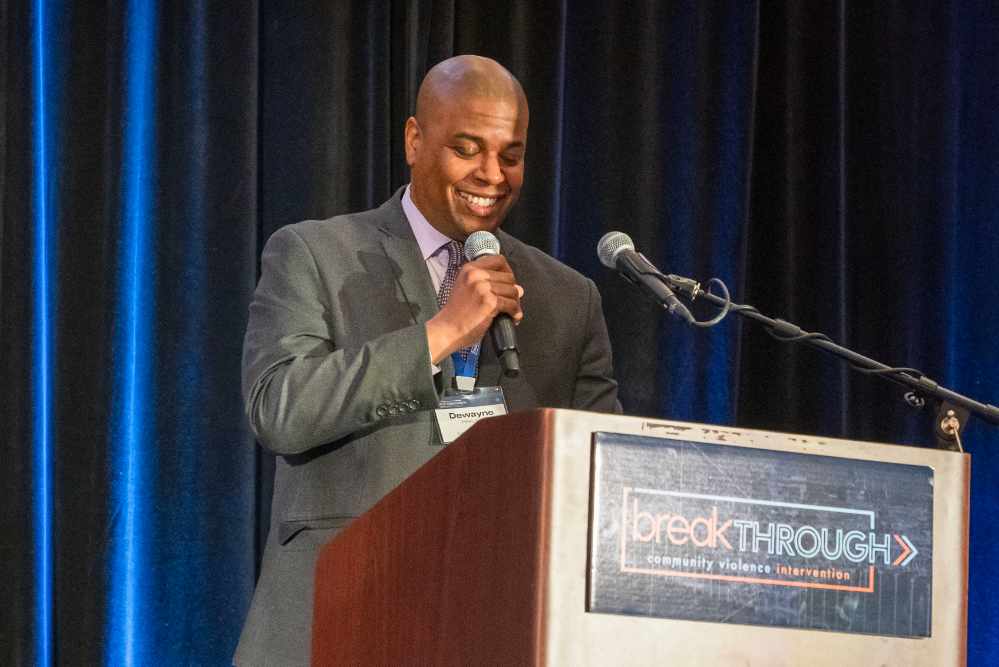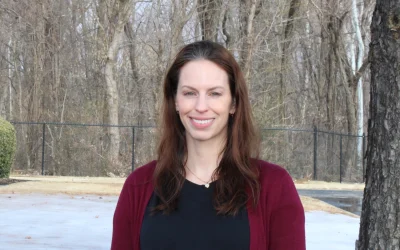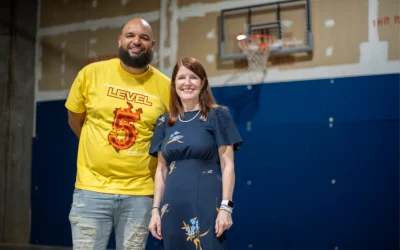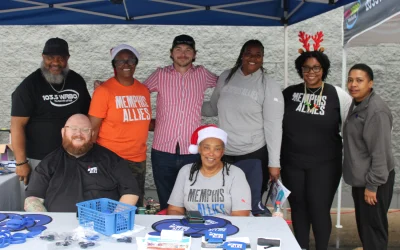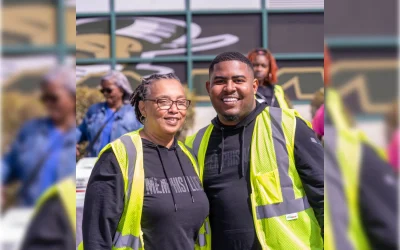The danger of being on the front lines is never just immediate. Sometimes, it’s the collateral damage that hits home.
This is true for combat veterans – many of whom suffer from post-traumatic stress syndrome (PTSD), for law enforcement, for firefighters and correctional workers and, yes, for those working in community violence intervention (CVI).
Whether it is an outreach specialist in Memphis, or one in Chicago or Baltimore, there is not only a risk of burnout, but also secondary traumatic stress, or STS. In fact, a recent survey of front-line CVI workers in Chicago from 15 different organizations returned startling results:
- 94% of workers reported at least one STS indicator in the past seven days.
- A full 50% reported experiencing nine out of the 17 STS indicators.
- The study, as reported in the scholarly journal, “Preventive Medicine,” showed that “STS responses of interventionists were impacted by on-the-job traumatic experiences, particularly the death of a client.”
DeWayne Hendrix, a retired federal corrections warden and a former associate warden at a federal prison in Memphis, gave a presentation at the recent Breakthrough Conference for community violence intervention workers: “Self-Care Isn’t Selfish.”
He says whether someone is serving their country, or their city via law enforcement or CVI work, the motivation is usually the same.
“For most of us who are in it,” he said, “it’s a calling.”
That belief opens a wide path for secondary traumatic stress.
“We tend to lose ourselves in the work because we’re so passionate,” said Hendrix, who is founder and CEO of Cordova, Tennessee-based New Daylight, which focuses on self-awareness, wellness and leadership training.
For most of us who are in it, it’s a calling.
Hendrix
That need exists for anyone on the front lines today. But someone trying to help a Memphis gang member understand that if he puts down the gun there is a real opportunity for a better life, first must establish credibility and trust.
“There’s a code for these guys to respect you,” Hendrix said in an interview.
When outreach specialists have success and bring someone into a program such as Memphis Allies’ SWITCH or SWITCH Youth, that increases the emotional stakes for the CVI worker.
When participants backslide – or worse – it can feel very personal to the people who were trying to help them.
“You internalize things,” Hendrix said. “[You] start questioning yourself.”
This is why Hendrix says CVI workers should be doing the same thing he recommends for any emergency response personnel: practicing self-care.
When people do not do these things, Hendrix said, they put themselves at risk.
He emphasized when front-line workers are struggling, they should take advantage of employee assistance programs and not worry about what anyone might think.
“It’s OK to not be OK,” he said. “It’s not OK to not ask for help.”
More Posts
Pain is Universal
Image above: Jennifer Davis, Memphis Allies SWITCH program clinical supervisor Memphis Allies Clinical Supervisor Jennifer Davis: ‘Pain is universal.’ Fight. Flight. Freeze. Imagine living every day within one — or all — of those three realms. Many Memphis Allies...
Memphis Allies sees progress in reforming violent offenders. Here’s how
Image above: Memphis Allies Managing Director of Operations Carl Davis and Executive Director Susan Deason pose for a portrait in the recreation area of the facility in Memphis, Tenn., on September 3, 2025. Chris Day/The Commercial Appeal Lucas Finton, Memphis...
Holiday Toy Drive
Image above: Memphis Allies teams up with 103.5 WRBO at the holiday toy drive Community generosity thrives at Memphis Allies toy drive Memphis Allies hosted a Holiday Heroes toy drive in December. Memphis Allies staff, along with radio station 103.5 WRBO, accepted...
Making Vital Connections
Image above: Debbie Thompson, Memphis Allies community relations manager, and Jevonte Porter, Memphis Allies community relations director Memphis Allies community relations team making vital connections In 2022, when Memphis Allies began sending outreach specialists...

